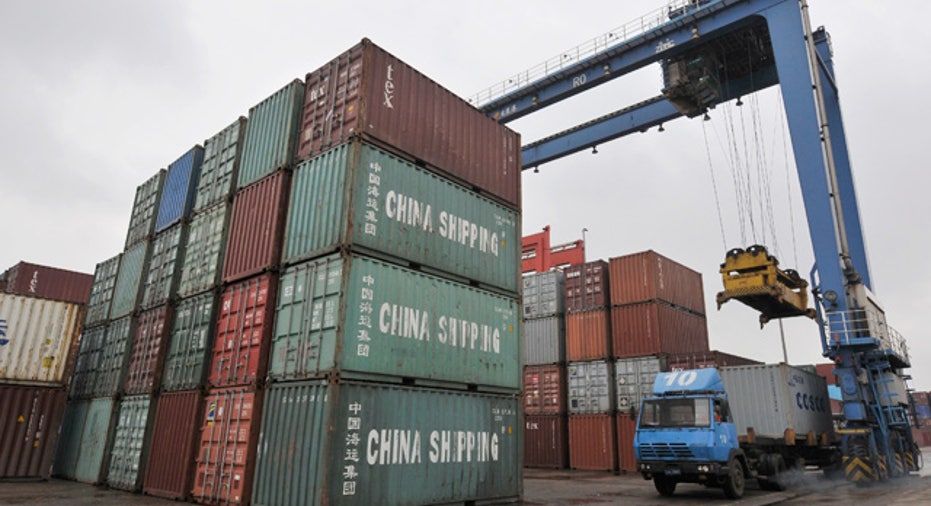China-U.S. Trade War Would Only Cause Pain: Commerce Minister

A trade war between China and the United States would only cause pain, China's commerce minister said on Saturday, as analysts say the specter of deteriorating U.S.-China ties is likely to weigh on confidence of exporters and investors worldwide.
"A trade war would not benefit either country or either country's people, you could say it would have no advantage whatsoever," Chinese Commerce Minister Zhong Shan told reporters on the sidelines of the annual parliament session in Beijing.
"Many American and western friends think that China can't live without the United States but that's only half true."
"At the same time, the United States can't live without China," Zhong said, adding that in the past ten years, the growth of U.S. exports to China has outpaced the growth of Chinese exports to the United States.
Zhong said that he looked forward to meeting his U.S. counterpart Wilbur Ross.
Billionaire investor Ross was sworn in as U.S. commerce secretary in February after helping shape President Donald Trump's opposition to multilateral trade deals.
He is expected to start work on renegotiating trade relationships with China and Mexico.
"I am aware that Mr. Ross is an outstanding businessman and an experienced negotiator, an excellent person" Zhong told reporters on the sidelines of the annual meeting of the country's parliament.
"I am willing to deal with excellent people because excellent people play the long game and think strategically."
China's foreign trade outlook faces lots of risk and uncertainty, Zhong added.
China's exports for January and February combined rose 4.0 percent from the same period last year, while imports surged 26.4 percent, suggesting solid improvement in demand domestically and abroad.
But the export outlook for China and other trade-reliant economists is being clouded by fears of growing U.S. protectionism.
Zhong also spoke about China's growing outbound investment, noting that a small number of Chinese companies had invested overseas "blindly and irrationally" in ways China did not encourage. He said the government would step up regulation around such investments.
(Reporting by Sue-Lin Wong; Writing by Ben Blanchard; Editing by Sam Holmes and Toby Chopra)



















